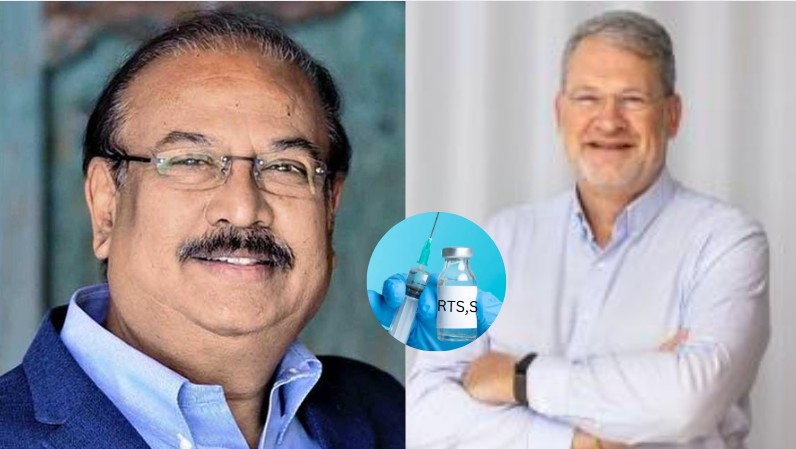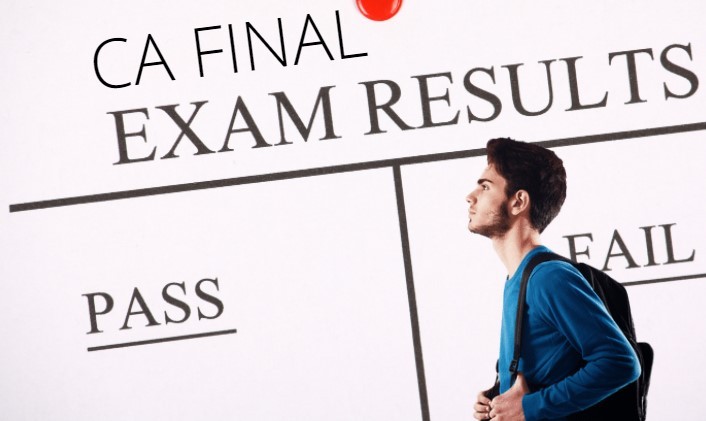June 25, 2025: Bharat Biotech International Limited (India) and GSK (UK) have announced a major price cut for the world’s first malaria vaccine. The cost of the vaccine, RTS,S, will be reduced to under $5 by 2028. This is part of their joint support to Gavi, the Vaccine Alliance, for expanding access in low-income countries.
The move is expected to help millions of children in malaria-prone regions, especially in Africa, where the disease causes a large number of deaths every year.
The price cut is possible due to better production processes, increased manufacturing capacity, and minimal profit margins.
“This pledge to Gavi 6.0 is more than a pricing announcement,” said Dr. Krishna Ella, Executive Chairman of Bharat Biotech. “It’s a commitment to global equity, innovation, and collaboration. We want to help reduce the malaria burden for millions of families.”
Dr. Krishna Ella, Executive Chairman of Bharat Biotech International Limited said: “This pledge to Gavi 6.0 is more than a pricing announcement. It’s a commitment to global equity, innovation, and collaboration. Through this historic announcement, we aim to change the course of malaria burden for millions of children and families. For us, this is more than a cooperation, it’s a promise. By joining forces with GSK, and working closely with Gavi, and the WHO, we are taking a real step toward closing the gap between vaccine supply and the urgent needs of children at risk of malaria. At Bharat Biotech, we believe technology must deliver on three essentials: safety, affordability, and accessibility. With this collaboration, we are turning this belief into real impact, with the aim of ensuring life-saving vaccines reach the communities that need them most.”
RTS,S was first recommended by the World Health Organization (WHO) in 2021. Since then, GSK has worked with Bharat Biotech to transfer technology and increase production. Bharat Biotech has invested over $200 million in new facilities and product development.
Bharat Biotech and GSK Lower Cost of Malaria Vaccine to Help Protect More Children in Africa
Thomas Breuer, Chief Global Health Officer, GSK, said “We partnered with Bharat Biotech in 2021 with a common goal: to find a sustainable solution to get ahead of malaria. Today, we announce GSK’s contribution to the long-term price ambition of the world’s first malaria vaccine, a key milestone achieved through collaboration with Bharat Biotech and partners from Gavi, PATH and the WHO. This demonstrates our commitment to changing the trajectory of infectious diseases like malaria, making a difference in the lives of children and families across Africa. The GSK team has worked hand in hand with Bharat Biotech to transfer the vaccine manufacturing technology, while simultaneously implementing crucial improvements in manufacturing efficiencies, resulting in today’s pledge to the Gavi replenishment.”
By the end of 2025, 12 African countries are expected to introduce the malaria vaccine in their regular immunisation programs, thanks to support from Gavi.
According to WHO data, in a recent study across Ghana, Kenya, and Malawi, children who received the RTS,S vaccine saw a 13% drop in overall deaths and a 22% drop in severe malaria hospitalisations between 2019 and 2023.
“This lower cost means children in the most affected areas can be protected,” said Dr. Kwaku Poku Asante, Director of the Kintampo Health Research Centre in Ghana. “Sustained affordability is key to fighting malaria.”
Malaria vaccines are used along with other tools like treated bed nets and seasonal medicines to control the disease. While no single method is enough alone, vaccines have become a vital part of the fight against malaria.
Dr Sania Nishtar, CEO of Gavi, the Vaccine Alliance, said: “We are grateful to GSK and Bharat Biotech for their innovation and commitment to protecting millions of children and communities from malaria. With the support of our partners, Gavi has helped 20 countries in Africa – nations that together shoulder over 70% of the global malaria burden – protect their children, communities and health systems. Our ambition is to protect at least 50 million more children across Africa by the end of 2030, and this collaboration between GSK and Bharat Biotech helps put this goal firmly within reach.”
The two companies say the reduced price will be rolled out gradually and fully in place by 2028, as the manufacturing transition is completed.”
Dr Kwaku Poku Asante, Director of the Kintampo Health Research Centre, said: “As an epidemiologist working in malaria vaccine development and delivery, I have seen the impact malaria vaccines are already having on children in high-burden regions of Africa. As a result of the collaboration between the research community in implementing endemic countries, industry, NGOs and multilateral organisations, the world’s first malaria vaccine is helping to reduce all-cause mortality and hospitalisations of severe malaria among children.
“Today’s announcement of a long-term price reduction by Bharat Biotech, with GSK’s contribution, marks a pivotal moment for the malaria community. Any lower cost vaccine means children in the most affected communities in endemic countries can be protected. Sustained affordability is essential to ensuring that the progress we’ve made in malaria control is not only maintained, but accelerated.” Asante added.
The body of data generated from studies of the malaria vaccine developed by GSK, PATH and partners spans multiple years in malaria endemic countries, multiple seasons and in high transmission settings. In a recent evaluation of impact by the WHO of the Malaria Vaccine Implementation Programme (MVIP) in Ghana, Kenya and Malawi, where over 2 million children received the RTS,S vaccine between 2019 and 2023, the WHO reported a 13% reduction in all-cause mortality and a 22% reduction in hospitalisations of severe malaria among children age- eligible for vaccination during this period1. When administered seasonally in regions with high malaria transmission, alongside seasonal malaria chemoprevention, the two malaria vaccines recommended by the WHO, have been shown to prevent approximately 75% of malaria episodes2.
Malaria vaccines are part of the malaria “tool box” alongside other interventions such as seasonal chemoprevention, malaria treatments, Indoor Residual Spraying (IRS) and bed nets. While no single intervention recommended by the WHO for malaria control is sufficiently efficacious to serve as a standalone intervention, malaria vaccines are one of the high-impact malaria interventions. Building on this foundation, research has begun at GSK to develop a new vaccine designed to further improve protection for children in endemic countries against the most severe form of malaria. By targeting a different stage of the life-cycle of the malaria parasite, this work aims to evolve and expand the global malaria “tool box,” in support of elimination efforts.






